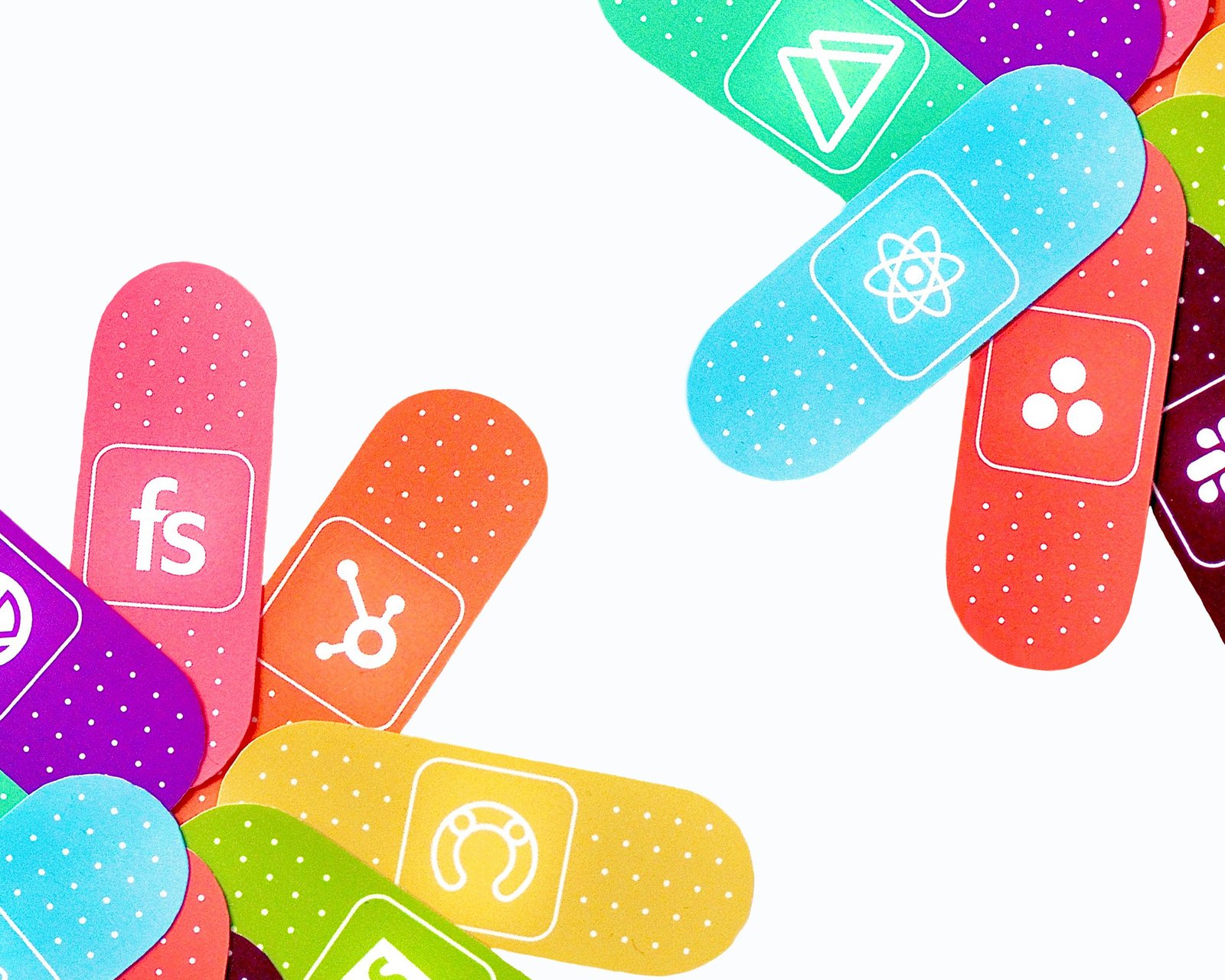Understanding Client Needs
Freelance Project Planning: A key to optimizing the success of freelance projects is having a thorough awareness of the needs of your clients. The basis for this understanding is the initial consultation procedure. To make sure that everyone is on the same page right away, it is imperative that you communicate intelligibly and precisely during this phase. It is crucial to ask the correct questions, which include learning about the client’s objectives, vision, and the precise results they hope to achieve from the project.
Effective questioning techniques include open-ended questions that encourage clients to elaborate on their ideas and requirements. For instance, asking, “Can you describe the primary objective of this project?” or “What specific features or elements are most important to you?” can yield valuable insights. This dialogue not only clarifies the project scope but also builds a rapport, fostering a collaborative environment.
Setting expectations early on is another critical aspect. Freelancers should outline their process, timelines, and deliverables, ensuring that clients have a realistic understanding of what to expect. This can be achieved through detailed project briefs, which document all essential aspects of the project. A comprehensive project brief should include the project’s objectives, scope, deliverables, timelines, and any specific requirements or preferences the client may have.
Aligning the project scope with the client’s vision and goals is essential for achieving desired outcomes. This alignment ensures that all efforts are directed towards fulfilling the client’s needs, thereby enhancing client satisfaction and project success. Regular check-ins and updates throughout the project lifecycle can help in maintaining this alignment, allowing for adjustments as necessary to meet evolving client expectations.
In summary, understanding client needs through effective consultation, precise communication, and detailed project planning is fundamental to the success of freelance projects. By setting clear expectations and aligning the project scope with the client’s vision, freelancers can ensure that their work not only meets but exceeds client expectations.
Effective Project Planning and Management
Effective project planning and management are pivotal for the success of any freelance project. The initial step involves establishing a comprehensive project timeline, which serves as a roadmap from inception to completion. A detailed timeline should outline all major tasks and deliverables, providing a clear visual representation of the project’s trajectory. Setting milestones within this timeline is equally critical, as these checkpoints help in monitoring progress and ensuring that the project remains on track.
Utilizing project management tools can significantly enhance the organization and efficiency of project planning. Tools such as Trello, Asana, or Monday.com offer features that facilitate task assignment, deadline setting, and real-time progress tracking. These tools not only streamline communication and collaboration but also help in maintaining a structured approach to managing various project components. Integrating these tools into your workflow can lead to improved time management and a more organized project lifecycle.
Tracking progress meticulously is another crucial aspect of project management. Regular check-ins and progress reviews enable freelancers to identify potential bottlenecks early and address them proactively. Efficient time management techniques, such as the Pomodoro Technique or time blocking, can aid in optimizing productivity and ensuring that each task receives adequate attention without causing burnout.
Maintaining organization throughout the project lifecycle is vital. This involves keeping all project-related documents, communications, and resources well-categorized and easily accessible. Digital filing systems and cloud storage solutions, such as Google Drive or Dropbox, can be invaluable in this regard, providing a centralized location for all project materials.
Flexibility and adaptability are essential skills for handling unexpected challenges that may arise during the project. Being prepared to adjust timelines, reallocate resources, or revise strategies can mitigate the impact of unforeseen issues and keep the project moving forward. By incorporating these elements into your project planning and management approach, you can enhance the likelihood of delivering successful freelance projects consistently.
Maintaining Clear and Continuous Communication
Effective communication is a cornerstone of successful freelance projects. It ensures that both parties are aligned with expectations, timelines, and deliverables. Maintaining regular and transparent communication can significantly enhance the project’s outcome. One vital strategy is to establish regular check-ins and updates with clients. These touchpoints can be scheduled weekly, bi-weekly, or at key project milestones to discuss progress, address any concerns, and adjust plans if necessary.
Active listening plays a crucial role in these interactions. Freelancers should make an effort to fully understand the client’s vision and requirements by paying close attention and asking clarifying questions. This helps in avoiding misunderstandings and ensures that the deliverables meet the client’s expectations. Additionally, providing timely feedback is equally important. Prompt responses to client queries and iterations help maintain momentum and demonstrate professionalism and commitment to the project.
Addressing concerns promptly is another critical aspect of maintaining clear communication. If issues arise, they should be tackled head-on rather than allowing them to escalate. This proactive approach helps in building trust and a positive working relationship with the client. Furthermore, setting clear communication guidelines at the project’s outset can prevent potential pitfalls. These guidelines should cover preferred communication channels, expected response times, and the best times for meetings.
Utilizing the right communication tools and platforms can also streamline interactions. Email remains a fundamental tool for formal communication and documentation. However, project management platforms like Asana, Trello, or Monday.com can facilitate more dynamic collaboration and tracking. For real-time discussions, tools like Slack or Microsoft Teams can be invaluable, offering instant messaging and video conferencing capabilities. Each tool has its unique strengths, and choosing the right one depends on the project’s specific needs and the client’s preferences.
In conclusion, maintaining clear and continuous communication is essential for maximizing freelance project success. By employing strategies such as regular check-ins, active listening, timely feedback, and effective use of communication tools, freelancers can ensure a smooth and productive collaboration with their clients.
Delivering Quality Work and Handling Feedback
Delivering high-quality work is paramount in the freelancing world, as it not only meets client expectations but also paves the way for future opportunities. A comprehensive approach to ensuring excellence begins with conducting thorough research. Understanding the project’s context, industry standards, and client preferences is crucial. This foundational knowledge allows freelancers to tailor their work precisely to the client’s needs, thereby enhancing the overall quality and relevance of the output.
Adhering to project specifications is another critical element. Freelancers must meticulously follow the guidelines provided by the client, including formatting, style, and any specific requirements. This attention to detail not only demonstrates professionalism but also minimizes the likelihood of revisions. Additionally, performing rigorous quality checks before submission can significantly elevate the standard of work delivered. These checks should encompass proofreading for grammatical errors, verifying factual accuracy, and ensuring that all project requirements have been met.
Handling client feedback professionally is equally essential in maximizing freelance project success. Being open to constructive criticism is a vital trait for any freelancer. It allows for growth and improvement, fostering trust and respect from clients. When receiving feedback, it is important to listen actively and understand the client’s perspective. Responding promptly and courteously to feedback, and making the necessary revisions, demonstrates a commitment to client satisfaction and excellence.
Building a positive reputation through consistently delivering high-quality work and handling feedback adeptly can lead to long-term client relationships. Satisfied clients are more likely to return with additional projects and recommend your services to others. This not only enhances your professional credibility but also provides a steady stream of work, contributing to sustained freelance success.


